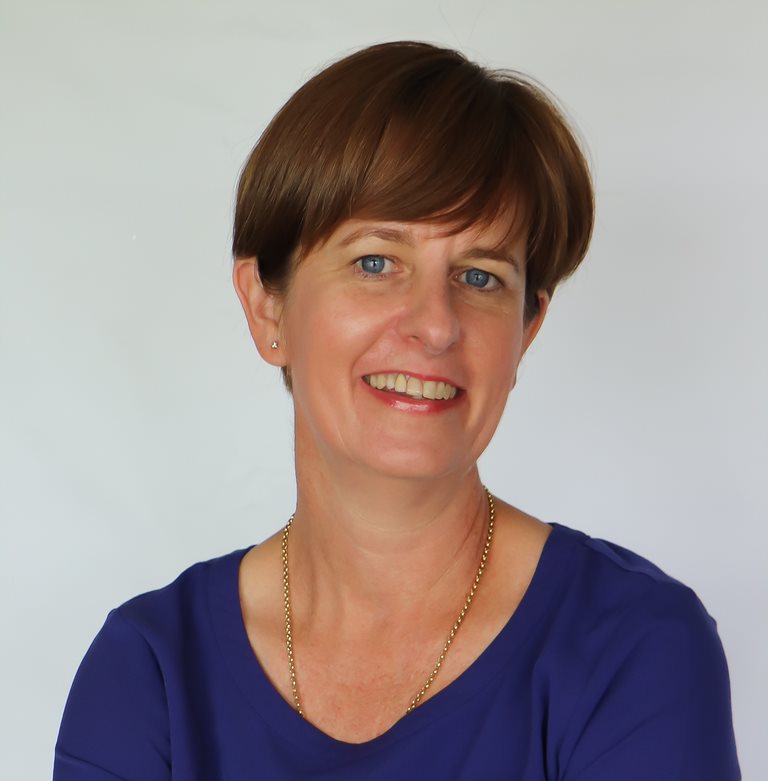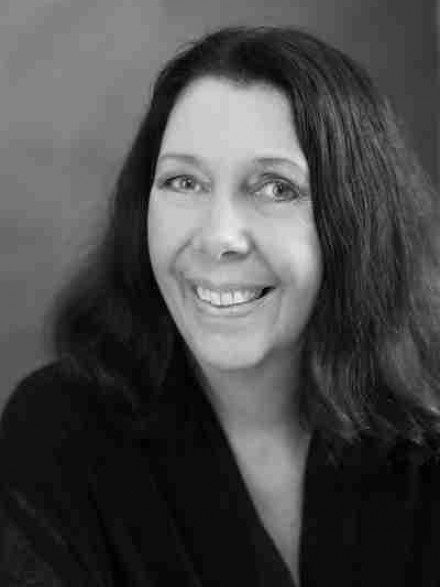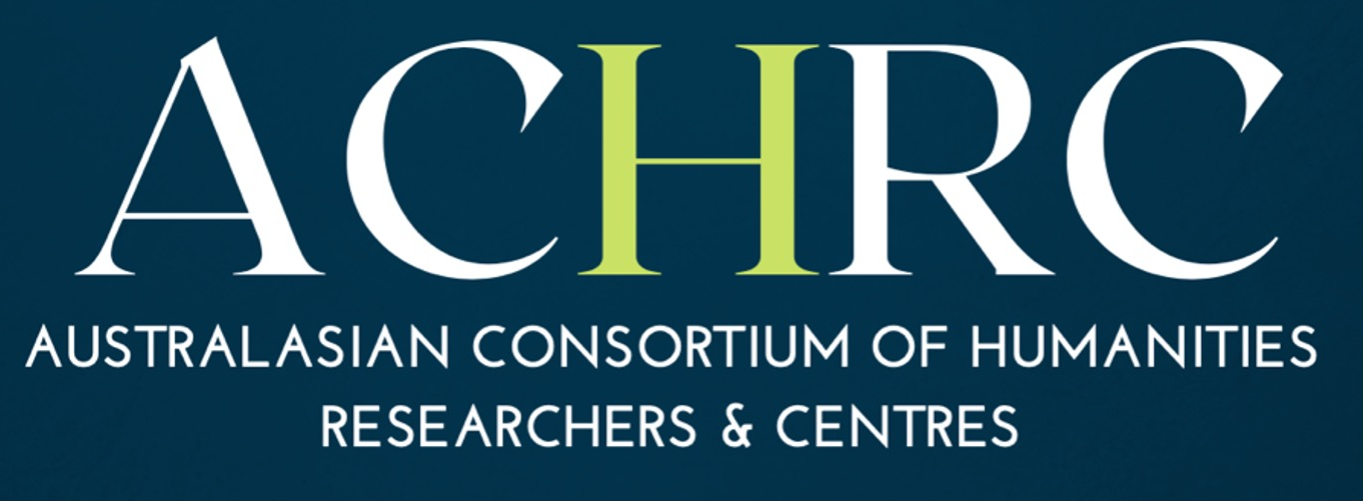As part of Humanities in the Regions 2020, we are offering two career development workshops following the live symposium, on the afternoon of July 3rd over Zoom. To attend, please register through Eventbrite (links below).
A Non-Traditional Academic Career: Crossing Divides
Dr. Margaret Cook (University of the Sunshine Coast)
My career path could be described as ‘non-traditional’, especially within the context of an academic career. I have worked for years as a public historian — heritage practitioner, consultant, museum curator, oral historian, court expert witness and public speaker. I returned to university as a mature aged student to undertake my PhD and now also work part time as a history lecturer at the University of the Sunshine Coast. My recent book, A River with a City Problem: A History of Brisbane Floods, straddled the public and academic divide. In this workshop, I will give you frank career tips on what went well and what I could have done better. What I wished I had known. Although every career path is different, this workshop will help guide you along an enjoyable journey.
Biography

Dr Margaret Cook is a history lecturer at the University of Sunshine Coast, an Honorary Research Fellow at La Trobe University and the University of Queensland, and a freelance historian. Her research interests include natural disasters, water politics, and the cotton industry. Her recent book is A River with a City Problem: A History of Brisbane Floods.
Time: 2:30 – 3:45pm, July 3 2020 (over Zoom)
Please register through Eventbrite.
Adventures in communication: some strategies for getting your research into the public sphere
Dr. Liz Tynan (James Cook University)
This session will invite you to begin taking apart the messages and languages of your research and putting them back together in ways that will appeal to various audiences, including the media. How can you make your voice stand out when there is so much noise? Clear communication of difficult concepts requires some thought and, often, a sojourn outside the researcher’s comfort zone. Doing so can be enjoyable and rewarding too, and my aim will be to make this Friday afternoon session fun as well as enlightening. We will do some exercises that will get to the heart of the messages you want to convey. I have worked as a science journalist, a science communicator, a lecturer in journalism, and a writer of books, and I would like to share some of my approaches to bringing research out into the open.
Registration is essential as places are strictly limited.
Time: 4:00 – 5:15pm, July 3 2020 (over Zoom)
Please register through Eventbrite.
Biography

Associate Professor Liz Tynan is co-ordinator of the professional development program at the JCU Graduate Research School, and teaches academic writing and communication skills to HDR candidates. She is a former journalism academic with a background in both print and electronic media, specialising in science writing and editing. She worked for the ABC as a reporter and subeditor, and was later Sydney correspondent for New Scientist. She is co-author of the Oxford University Press textbook Media and Journalism: New Approaches to Theory and Practice, now in its third edition. She is also co-author and co-ordinating editor of the 2013 OUP text, Communication for Business. Her PhD in science communication from the ANU examined aspects of the British nuclear tests in Australia in the 1950s and 1960s. Her book, Atomic Thunder: The Maralinga Story, won the Council for Humanities, Arts and Social Sciences Australia Prize for a Book in October 2017 and the Prime Minister’s Literary Award (Australian History) in December 2017. She is currently working on a follow-up book about British atomic tests in Australia.
